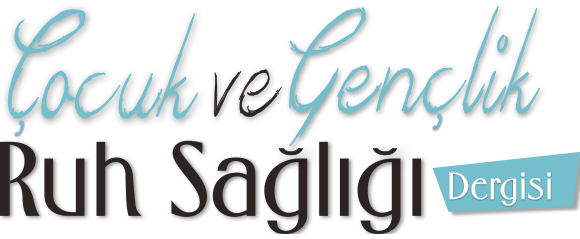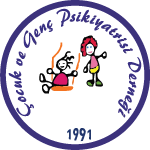ABSTRACT
The main characteristics of Asperger’s Disorder might be defi ned as severe and persistent impairment in social interaction as well as development of restricted, repetitive patterns of behavior, interests and activities; loneliness, unusualness, egocentrism, defi ciency of empathy, bizarre interests and specifi c dependence to objects. In this article we aimed to discuss the effi cacy of atypical antipsychotic medication use in three cases with Asperger’s Disorder. Social adaptation increased remarkably in each of the three cases after treatment with an atypical antipsychotic drug. Specifi c signs of Asperger’s Disorder such as communication problems and failure to develop peer relationships appropriate to the developmental level improved clinically just as nonspecifi c signs such as hyperactivity, aggressiveness and irritability got better.



